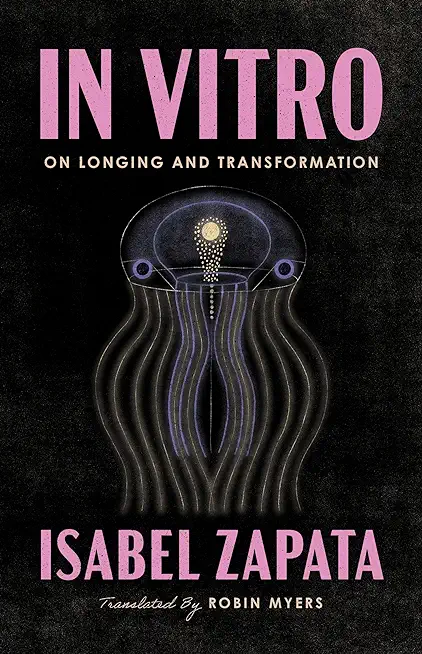
description
lization that expands and complicates the stories we tell about pregnancy.
Medical interventions become an exercise in patience, desire, and delirium in this intimate account of bodily transformation and disruption. In candid, graceful prose, Isabel Zapata gives voice to the strangeness and complexities of conception and motherhood that are rarely discussed publicly. Zapata frankly addresses the misogyny she experienced during fertility treatments, explores the force of grief in imagining possible futures, and confronts the societal expectations around maternity. In the tradition of Rivka Galchen's Little Labors and Sarah Manguso's Ongoingness, In Vitro draws from diary and essay forms to create a new kind of literary companion and open up space for nuanced conversations about pregnancy.
member goods
No member items were found under this heading.
Return Policy
All sales are final
Shipping
No special shipping considerations available.
Shipping fees determined at checkout.







